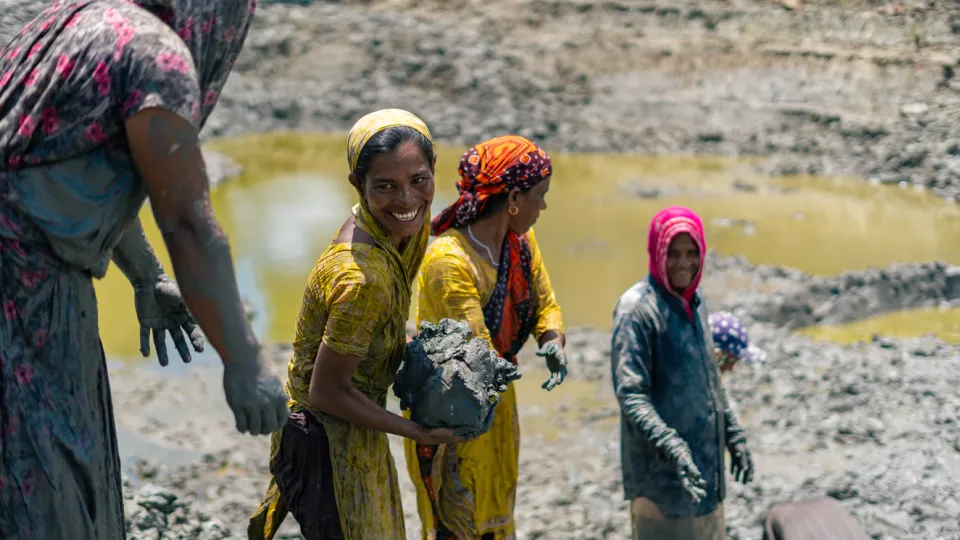
Layered Response in Bangladesh: Cyclone Remal
Blog by Danielle Turner and Marwa Tasnim on Cyclone Remal response in Bangladesh where Start Ready, Start Fund Anticipation, and Start Fund Rapid Response were all activated.

Blog by Danielle Turner and Marwa Tasnim on Cyclone Remal response in Bangladesh where Start Ready, Start Fund Anticipation, and Start Fund Rapid Response were all activated.
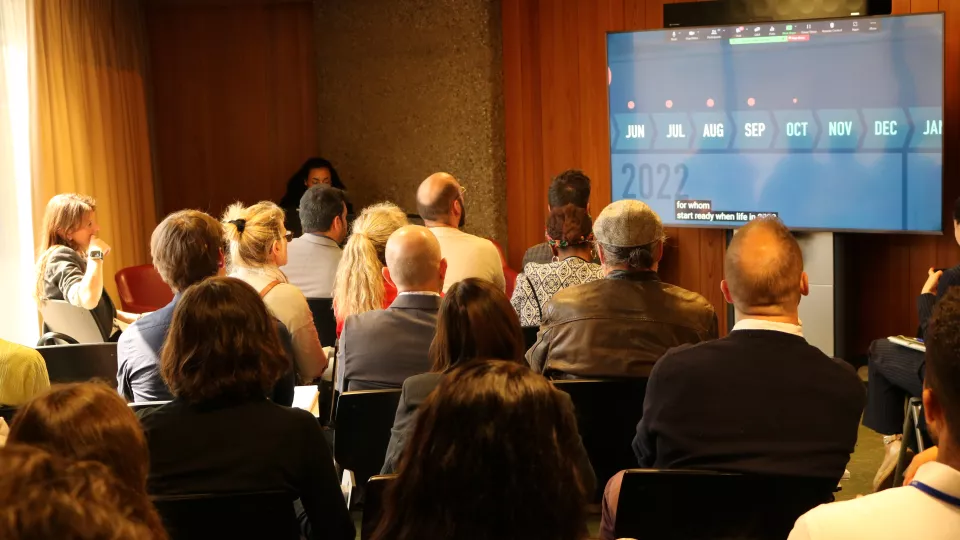
This Humanitarian Networks and Partnerships Week 2024 session, ‘Anticipatory Action and Disaster Risk Management: Impact, Opportunities, and Way Forward’ unpacked the role of anticipatory action in disaster risk management, and how different stages of the crisis management cycle interact and can positively reinforce one another to have more timely, adequate and dignified responses.
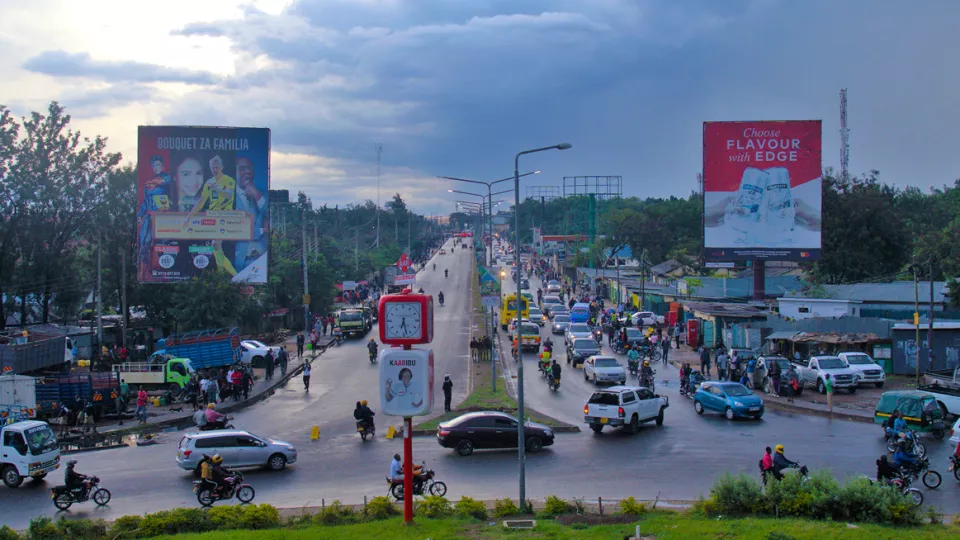
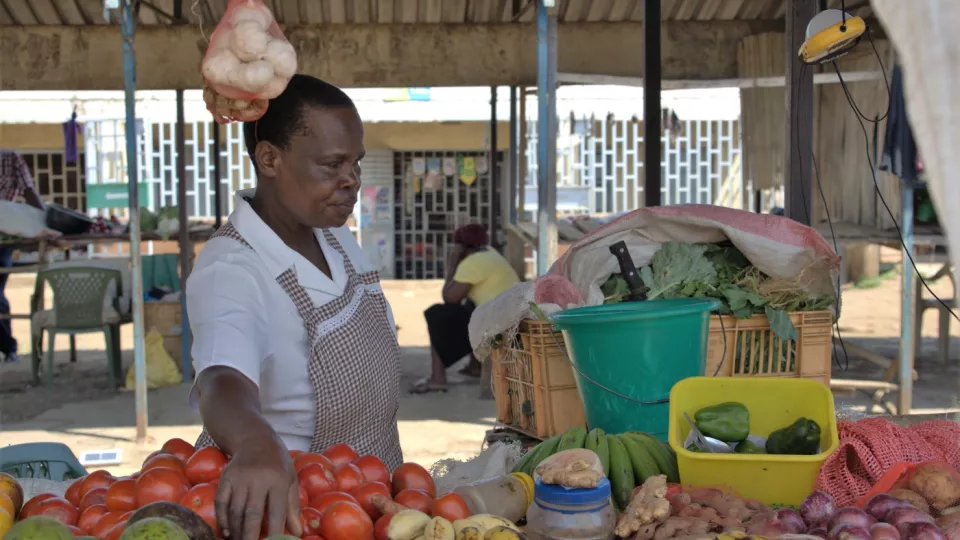
Acutely sensitive to global warming, the Horn of Africa is one of the most drought-prone regions in the world. Following four consecutive failed rainy seasons, Ethiopia, Kenya, and Somalia are facing the most prolonged drought in recent history.
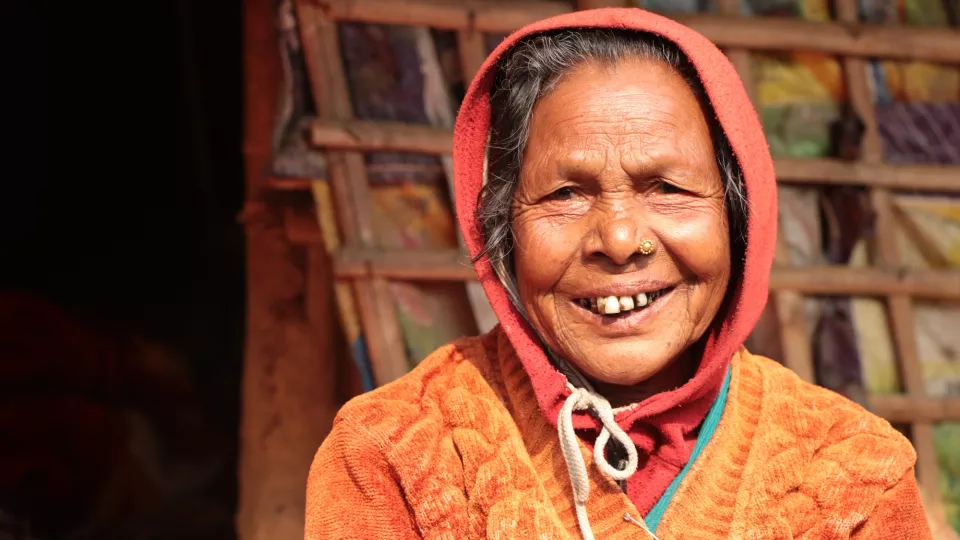
“I filled out a voucher form to indicate what I need to survive low temperatures. I expressed my family's need for blankets, sweaters, thermos, rice, salt, oil, lentils, and sugar. A few days later, I got a call to collect the items that I choose. This paper voucher was easy for me," Rita, a community member from Terai shares her experience during Start Fund Nepal's anticipatory response to the cold wave in January 2022.
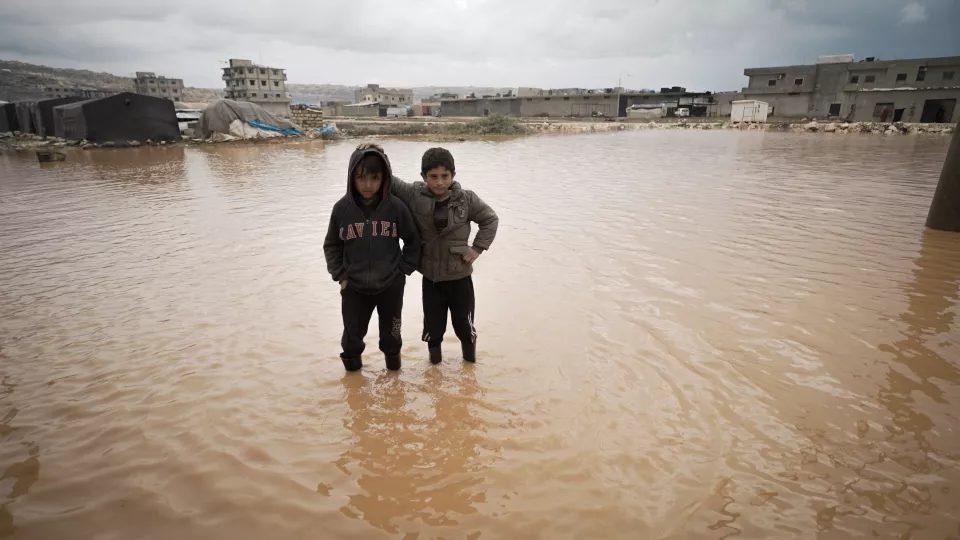
World Oceans Day 2022 calls for individuals, civil society, governments, institutions and the international community to collectively work to revitalise our oceans, which are home to most of the world’s biodiversity and are predicted to be a source of employment for 40 million people by 2030.
The United Nations and the Governments of Germany and the United Kingdom convened a high-level event to advance anticipatory action and galvanise a collective push to act ahead of crises. Start Network CEO Christina Bennett made the following statement at the event.
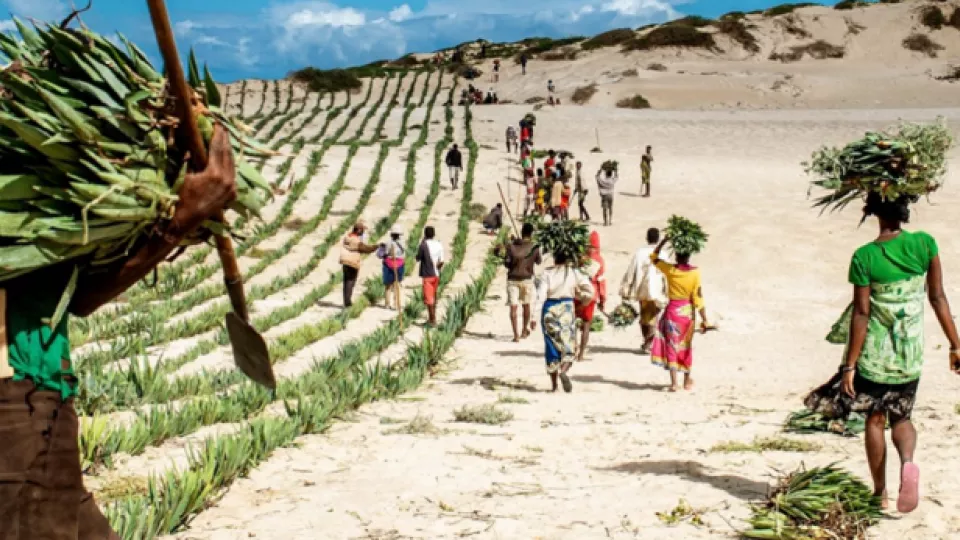
A High-level Humanitarian Event on Anticipatory Action, convened by OCHA and the Governments of Germany and the UK, took place on 9 September 2021. This brought together leaders from across governments, international financial institutions, the United Nations (UN) and civil society, who delivered powerful statements on their commitments to act to ahead of crises. Here, Sarah Klassen, Ben Webster, Jânio Dambo, and LA Dimailig offer their personal reflections on what this event achieved – and what should happen next.
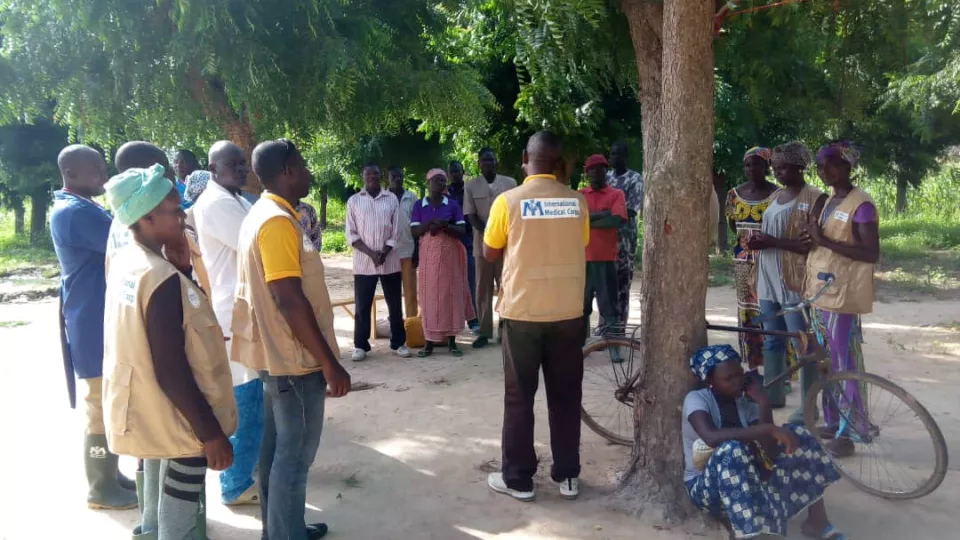
The quarterly FOREWARN meeting in May 2021 focussed on epidemics in a deliberate effort to share recently-acquired learning on anticipating disease outbreaks and to apply them beyond the current pandemic. When considering which disease outbreak or epidemic the Start Fund could represent, cholera was the obvious choice for a few reasons.
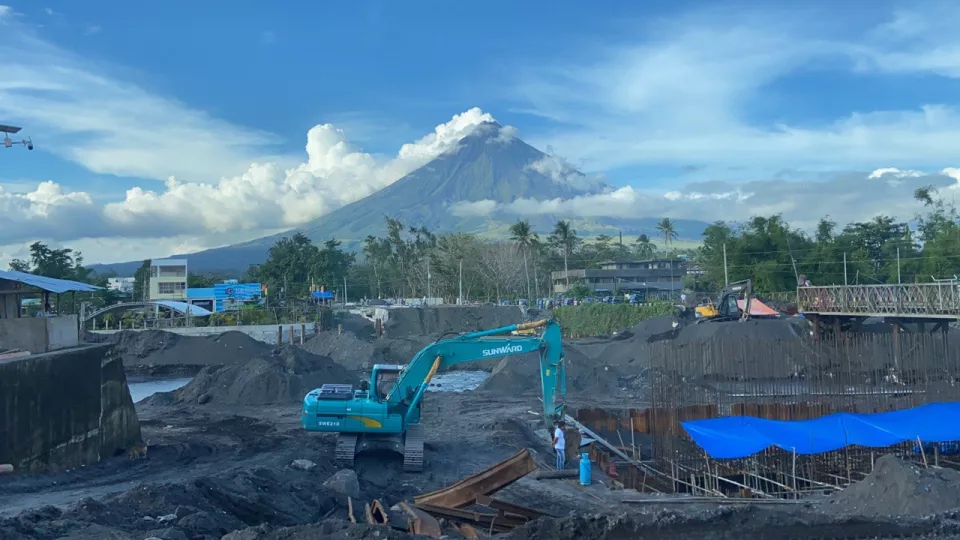
After a long year tackling the COVID-19 pandemic, the province of Albay in the Philippines was faced with several more unexpected challenges toward the end of 2020. Four consecutive typhoons left many communities damaged, and mudflow from the Mayon Volcano threatened surrounding municipalities causing five casualties. As a result, there is now a clear demand for a multi-hazard approach when planning for hazards in the province.